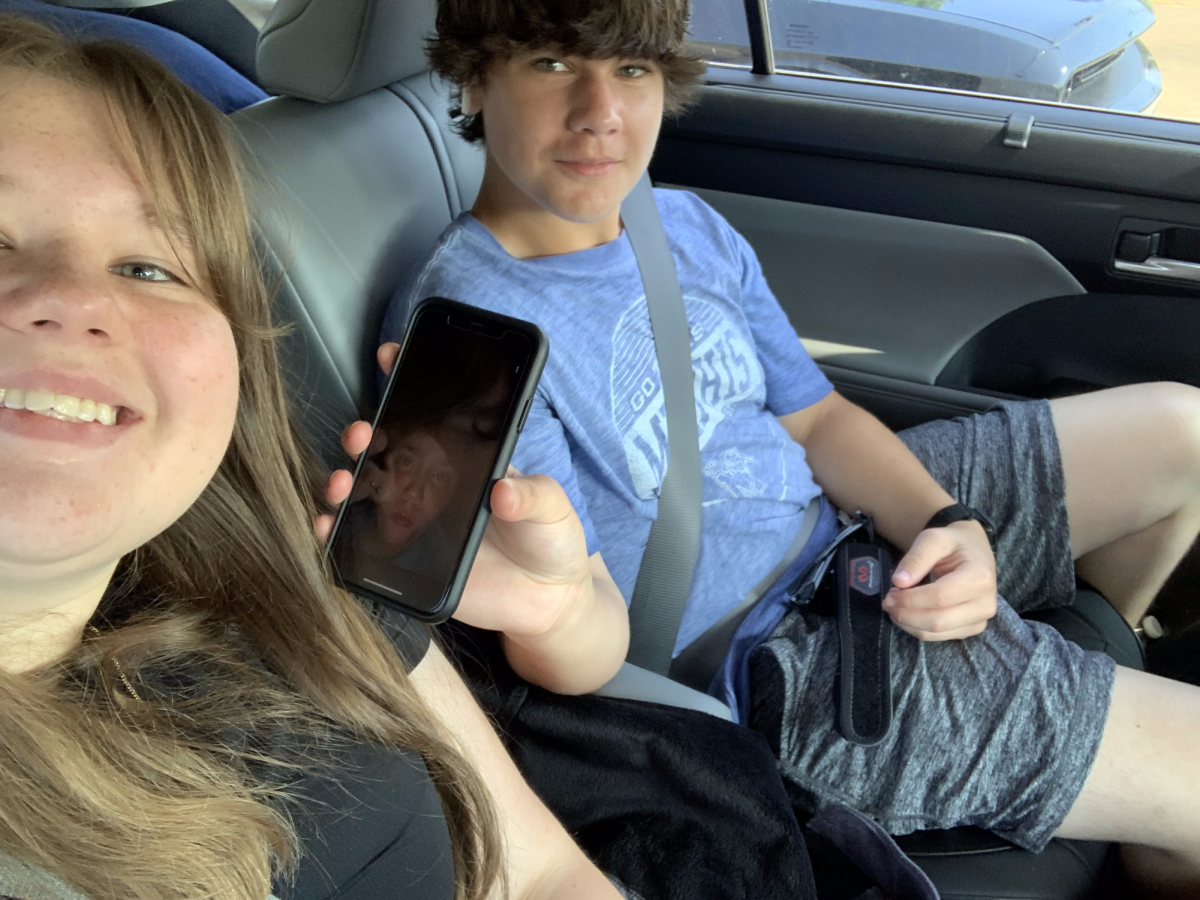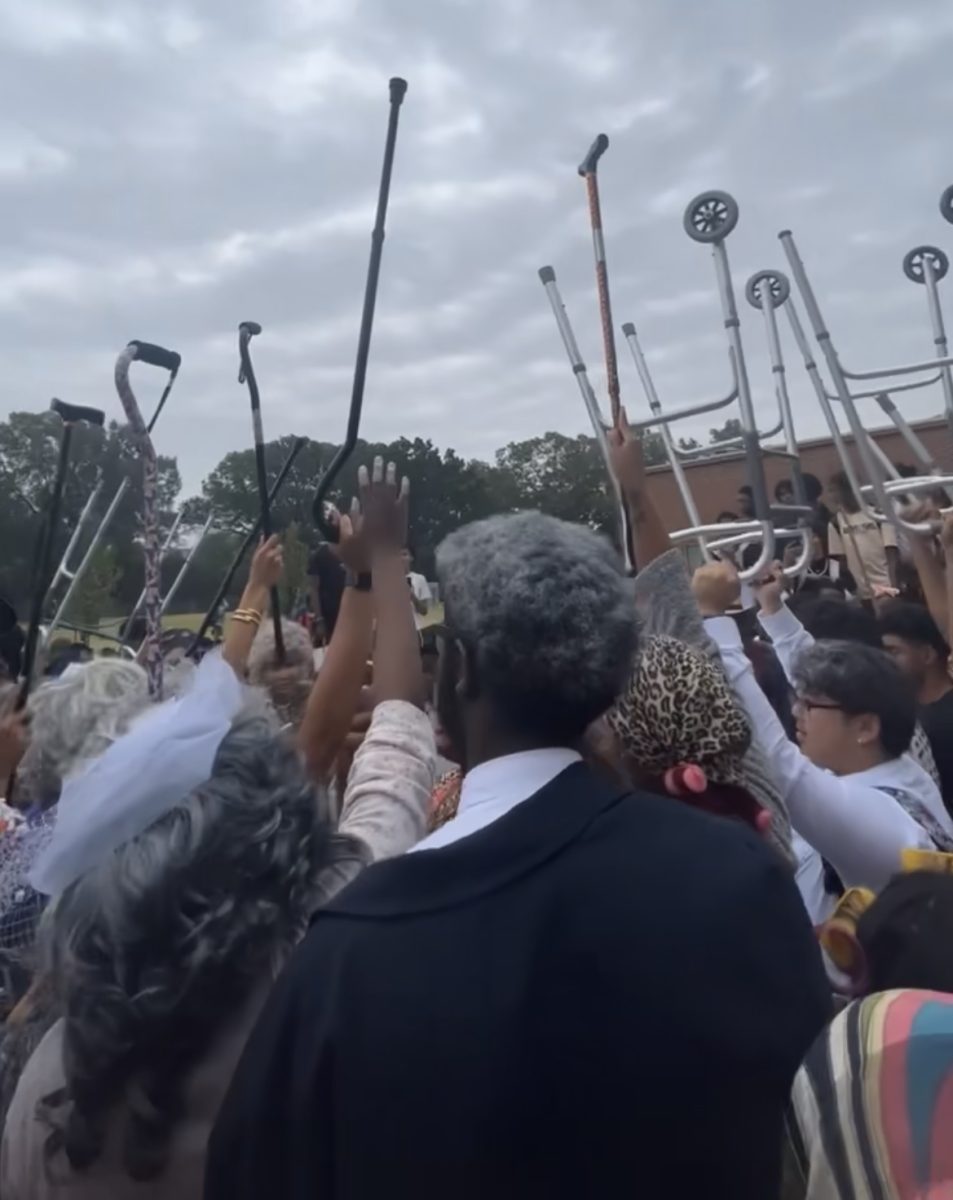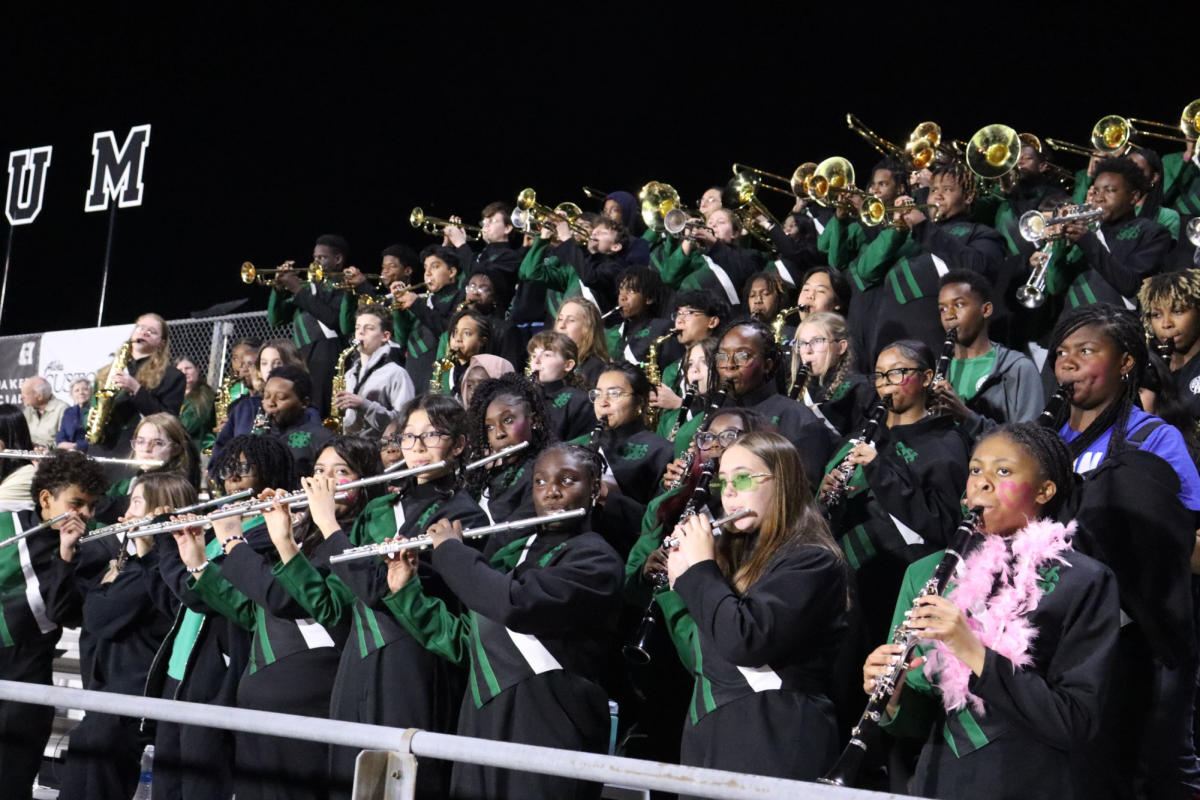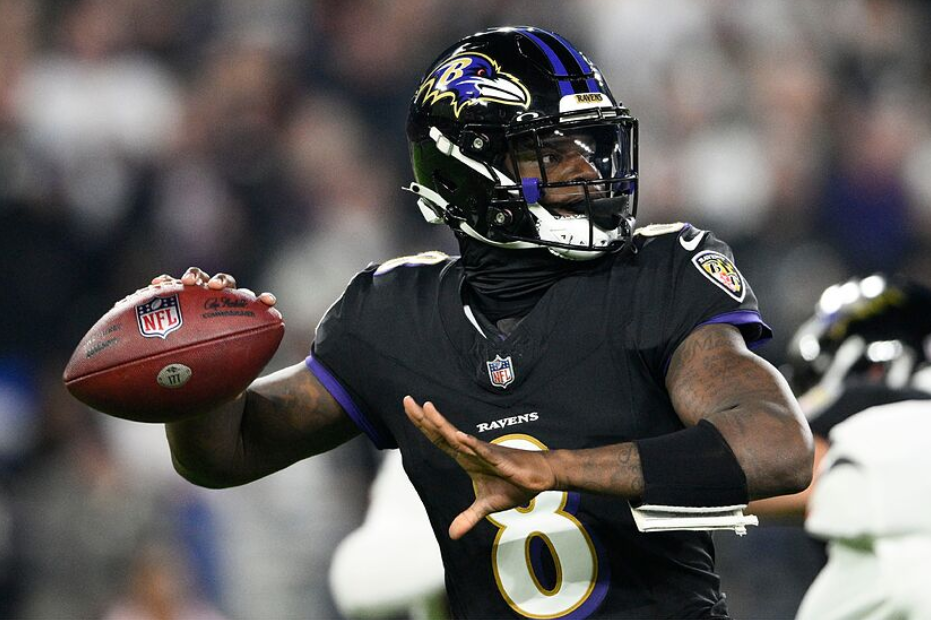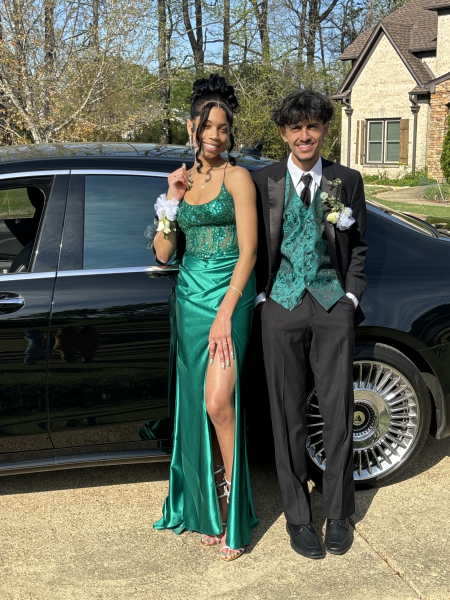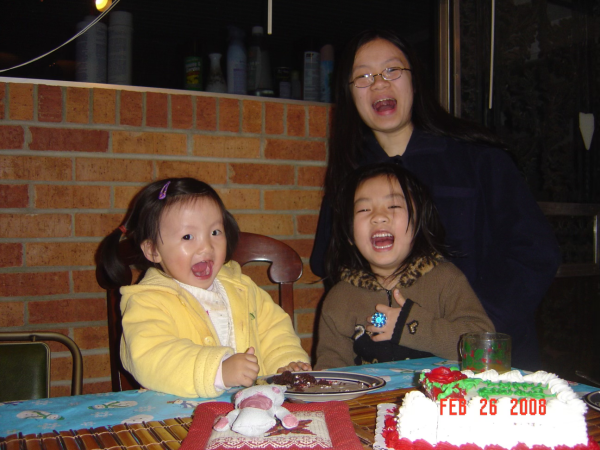Rebuild the filter
Privacy is a dying art.
Today’s generation is growing up in a world where you can talk to someone across the world, or find facts about a stranger, from their favorite color to their first pet’s name. Everything that we can imagine is online and open to anyone that searches for it.
Some welcome these newly opened doors, encouraging people to invade their lives and comment on them. Videos of dancing, running into unmoving objects, and beloved cats are all posted online to be shared. People flock to comment on a video first, then move on to the next. Students come home and open websites automatically, checking for new messages or videos of their favorite bloggers.
People post on walls to friends. Some posts can get hundreds of comments by the time that the message had ended its course. One Facebook user entered the Guinness Book of World Records for getting one million posts.
Yet, where do we draw the line between what should be public and private? Is privacy still a notion considered or is it simply another urban legend?
Those growing up in this modern world have never been denied access to other’s lives, and therefore believe that all things are public. Daily people “helpfully” post comments like “gas is too expensive,” or “just bought a Coke!”
This does not need to be said. If someone is curious, they will ask you.
People who post personal conversations on Facebook need to this is available to all. It is very awkward to stumble upon a conversation between two people declaring love for each other when you just wanted to congratulate or wish a happy holiday. There are other methods of talking for closed conversations.
For people like sophomore Mary Katherine DeWane, a line is crossed at proposal videos. She said that someone proposing was a personal moment that was strange to film and post. It was one thing to film the moment, but why post it online?
Privacy filters need to be saved. A social media user should not share private thoughts with the world without careful forethought.
Your donation will support the student journalists of White Station High School. Your contribution will allow us to purchase equipment and cover our annual website hosting costs.



